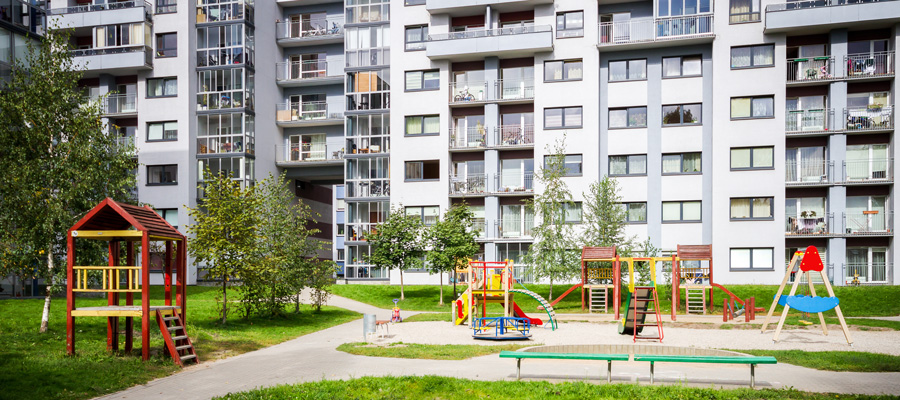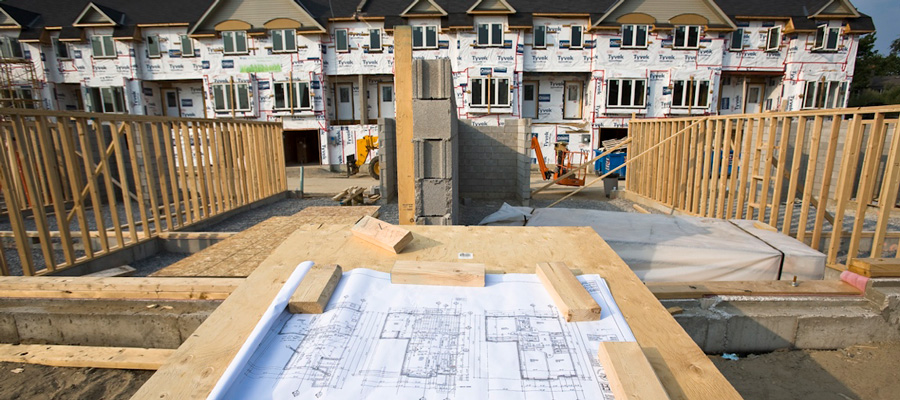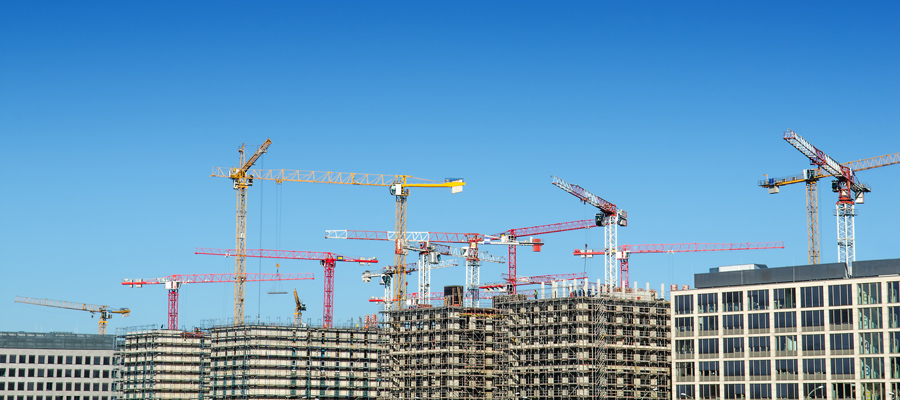Will the BC government ramp up its affordable housing efforts in Budget 2020?

A lack of affordable housing continues to be a top issue in Metro Vancouver and more broadly in BC. Since 2016, and in particular the 2018 BC Budget, we have seen some important tax policy changes from the provincial government in response to skyrocketing home prices. These new taxes primarily focus on wealthier homeowners by making it more expensive to purchase and own high-end residential property, and investors by penalizing vacant homes and foreign purchases.
Provincial property taxes (“School Tax”) were made progressive by adding two new brackets above the standard property tax on assessed value. For assessed property values over $3 million, the additional rate is 0.2 per cent, and for assessed value over $4 million the rate is 0.4 per cent. For example, a home assessed at $5 million now pays $6,000 more in property taxes as result of the new brackets.
The property transfer tax, paid by the buyer when a property is purchased, has also become more progressive through the addition of brackets. The rate is 1 per cent on the first $200,000, rising up to a top rate of 5 per cent on market value above $3 million. Foreign buyers pay an additional property transfer tax of 20 per cent of fair market value (up from 15 per cent when the tax was first introduced in 2016).
The BC government also added a new Speculation and Vacancy Tax (SVT) on homes left vacant or that are occupied by “satellite families” paying negligible income tax in Canada. The SVT is charged at a rate of 2 per cent of assessed value for foreign owners and untaxed worldwide earners, and 0.5 per cent for domestic owners. Principal residences and properties rented out are exempt.
Since 2016, and in particular the 2018 BC Budget, we have seen some important tax policy changes from the BC government in response to skyrocketing home prices
The SVT creates a strong incentive to rent out vacant properties, and it raises revenues that can be spent on new affordable housing. The City of Vancouver’s Empty Homes Tax (1 per cent of assessed value) is a parallel initiative, meaning a vacant home could be charged as much as 3 per cent of assessed value per year when combined with the SVT.
The Canada Mortgage and Housing Corporation (CMHC)’s Rental Market report recently noted that an unprecedented 11,000 condos came into the rental market in 2019, suggesting the SVT may be having an impact. More than half of the gain in units was in the City of Vancouver, so it is likely that the city’s Empty Homes Tax is also part of this shift.
We also anticipate that the 2020 BC Budget will include news of how the federal Canada Housing Benefit (CHB) will be implemented here in BC. This benefit was first announced by the federal government in 2017 as part of its National Housing Strategy, with details on joint federal-provincial/territorial funding and implementation to be negotiated.
What is really needed from BC Budget 2020 is a renewed commitment to building non-market housing
The CHB represents an opportunity for the BC government to make good on the $400 Renters’ Rebate promised by the BC NDP during the 2017 election campaign. BC’s current rental assistance programs are only available to working families with children (who do not receive social assistance) and to low-income seniors, totaling approximately 30,000 households.
BC should seek to integrate the existing program with the new CHB and broaden access to it. A combined benefit would provide significant gains for households at the low-end of the income ladder where the most help is needed.
In addition, the $838 million Home Owner Grant—a deduction on property tax available on all principal residences in BC—could be repurposed into an income-tested housing grant that would go to owner and renter households alike. That is, the grant should be redesigned to provide greater help to low-income households regardless of whether they own or rent. To reduce the cost of a reformed grant, it could be phased out gradually as household income rises (similar to Old Age Security and the Canada Child Benefit).
What is really needed from BC Budget 2020 is a renewed commitment to building non-market housing. The 2018 Budget committed to 33,700 units over ten years, a significant boost, but well short of the 114,000 units promised by the NDP during the 2017 election campaign.
Our recent research at the CCPA shows that to fully address the housing crisis in Metro Vancouver alone we need an ambitious build-out of 10,000 new units per year of non-market, rental housing. A large scale build of affordable housing is also crucial because, if ultra-low vacancy rates persist, cash benefits like the CHB may end up in the hands of landlords as market rents continue to increase.
We need a spectrum of housing options that work for people with different incomes, at different stages in their lives, and for family size
The build-out of non-market rental housing should include public housing and co-ops that are truly affordable for low- to moderate-income households. This is precisely the group that is unprofitable for private sector developers, who would rather build luxury units for sale to the highest bidders worldwide. More importantly, we need to break away from a dominant mindset that sees private sector developers as the only builders of housing and our obsession with home ownership as the ideal.
Inspiration for large-scale investments in public housing can be found in cities like Vienna, Austria and Singapore. In Vienna, almost half of the total housing stock is public, a legacy of aggressive municipal-led development in the 20th century. We can also look to our own past legacy of partnerships in the 1960s to 1980s between federal and provincial governments and the non-profit sector, who together built dedicated social housing and co-ops.
A building program should give first priority to households in extreme housing need, starting with people who are homeless, low-income households and seniors. We need a spectrum of housing options, including larger units, that work for people with different incomes, at different stages in their lives, and with different family sizes.
A high-ambition plan of 10,000 new units per year would cost about $3 billion annually. An investment of this magnitude would represent about one penny per dollar of income (or GDP) that we generate as a province. This upfront capital cost would be paid back through the flow of rental income over the lifespan of the buildings.
To this end, windfall gains in the housing market should be taxed more heavily to fund the build-out we seek. Building on the property tax reforms cited above—such as the progressive tiers on property and property transfer taxes, and speculation and vacancy taxes—the BC government is in an ideal position to deliver more affordable housing in the 2020 Budget.
This post is a part of an ongoing research project into affordable housing funded by the Vancouver Foundation.
Topics: Economy, Housing & homelessness, Provincial budget & finance, Taxes



